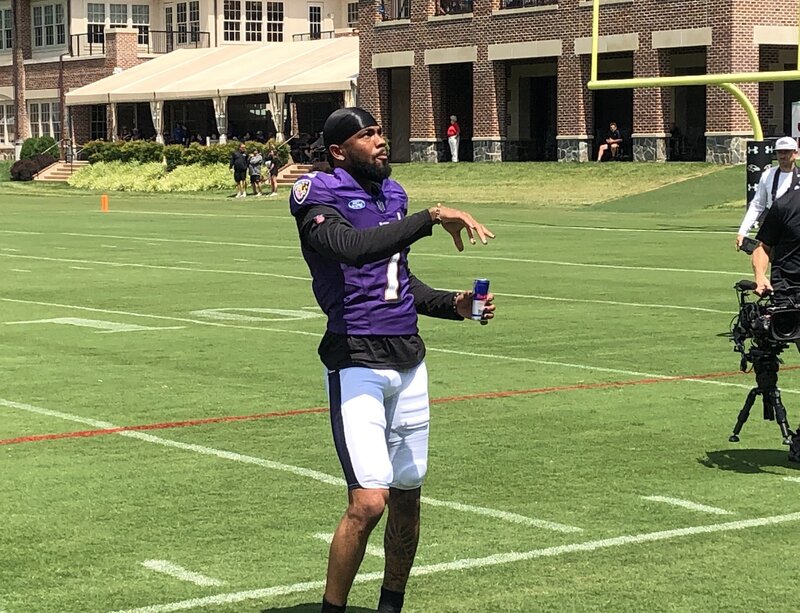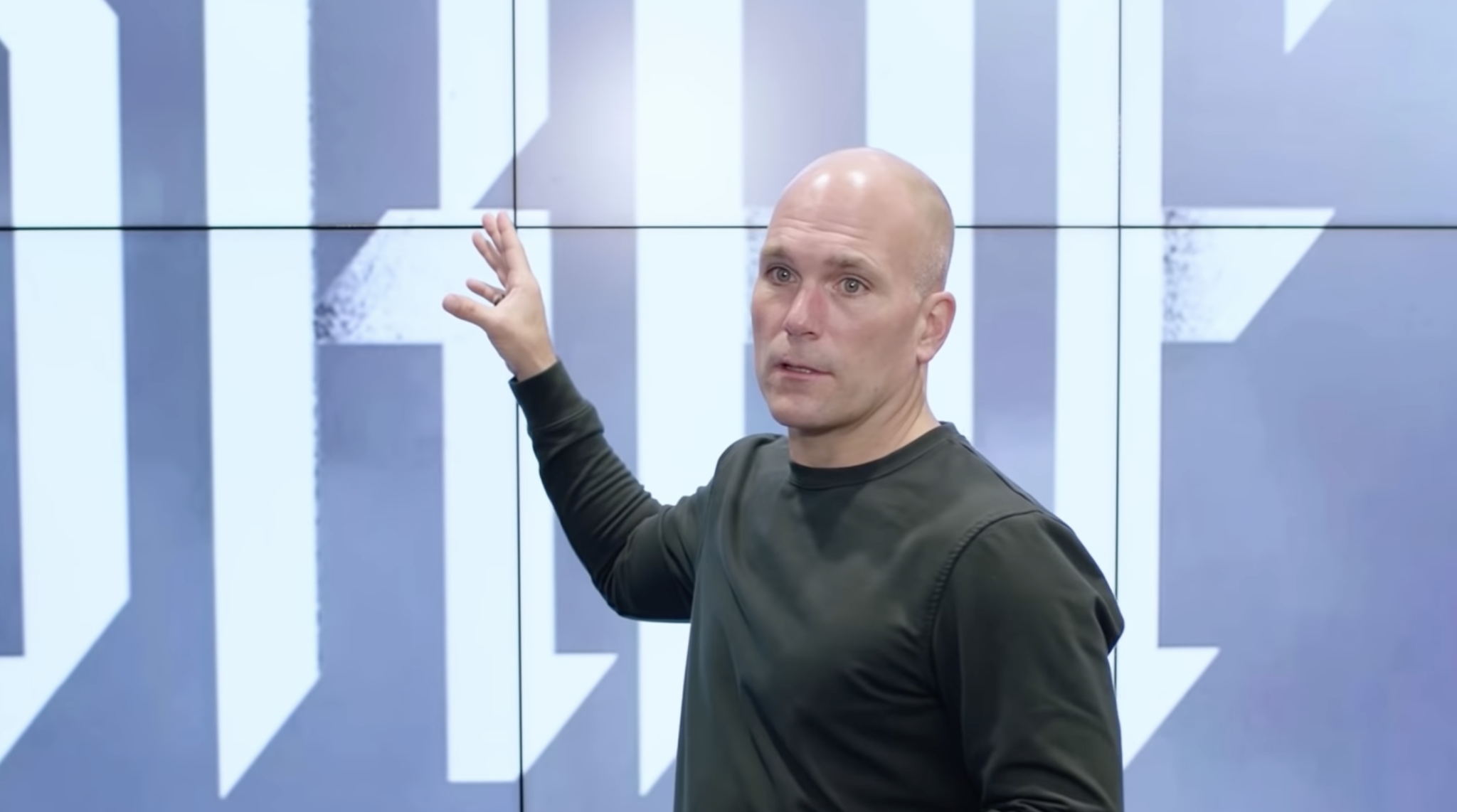Dan Duquette did as well as you could reasonably expect in his introductory press conference after the public-relations disaster that was the Orioles’ general manager search over the last few weeks.
The new vice president of baseball operations — a Massachusetts native — recalled his days of imitating Brooks Robinson and the 1966 Orioles in his backyard as a child. In fact, the Hall of Fame third baseman was the first major league player Duquette met many years ago during a trip to Fenway Park.
In laying out his vision for returning the Orioles to the glory days, he referenced the philosophy of Harry Dalton, who served as general manager during Baltimore’s most prosperous time from 1966 through 1971.
“Aggressive scouting will build you a winning ball club; aggressive international scouting, I believe, will build you a championship ball club. You weave that in with a sound player development operation.”
It sounded heartwarming — even a little romantic — before the familiar warning signals that we’ve heard time and time again from others who’ve tried and failed in turning around an organization stuck in baseball purgatory for the last 14 years.
Duquette stopped short of repeating the infamous “grow the arms, buy the bats” mantra of former front office head Andy MacPhail, but the former Montreal Expos and Boston Red Sox general manager made it clear the development of pitching would remain the organization’s top priority. It’s a fair and prudent strategy, but much like his predecessor, Duquette couldn’t resist referencing the “behemoths” of the American League East in what’s become a tired excuse for those wanting reasons to believe in the Orioles again.
Denouncing the inflated payrolls of your divisional opponents might be tolerable if you were being left at the altar every season with 85 to 90 wins, but it smells of excuse-making when you’re not even allowed in the church after failing to approach the 80-win mark in seven years.
But that critique aside, Duquette’s stated commitment to improve scouting and player development is a much-needed strategy for an organization poor in both areas. Despite what many will tell you, finding and developing your own talent and spending money at the major league level do not have to be mutually exclusive. The latter, of course, is dependent on majority owner Peter Angelos, which won’t instill much faith in anyone with ties to the Orioles.
“When you don’t have the resources that the top two clubs have, you have to work harder and you have to work smarter,” Duquette said. “You have to do a better job in scouting and you have to do a better job in player development. If you can build up the inventory of your farm system and you’ve got core players coming to your major league team, you’ve got something to talk about. The team that has the best farm system is the team that competes, year in and year out.”
Working harder and smarter than the competition sounds great, but how much can the organization really improve with holdovers such as John and Dave Stockstill entrenched in the front office with no track record to support it?
And that’s overlooking the fact that Duquette hasn’t worked in a major league front office in nearly a decade. Though claiming he’s maintained contacts throughout the game, how “wired in” will he be to the everyday happenings of baseball circa 2011?
With the ever-increasing dependence on statistically-based talent evaluation — more commonly referred to as sabermetrics — how far has the Orioles’ head man fallen behind during his absence from Major League Baseball since 2002?
“Your [former] manager here, Earl Weaver, knew the value of on-base percentage way ahead of the sabermetricians,” said Duquette, who added that Weaver’s book on baseball strategy will be required reading throughout the organization. “In fact, I would call that the groundwork for today’s stats. [Weaver] knew the value of scoring a run. He knew the value of how precious each out is, and he was able to impart that on his ball club.”
For Duquette, there’s little time to get acclimated to his new surroundings as he must balance finding a scouting director and a minor league pitching instructor with a thin free-agent market that opened for business last week. It’s not exactly an easy task for a man who’s just now moving into his office at the Warehouse.
































